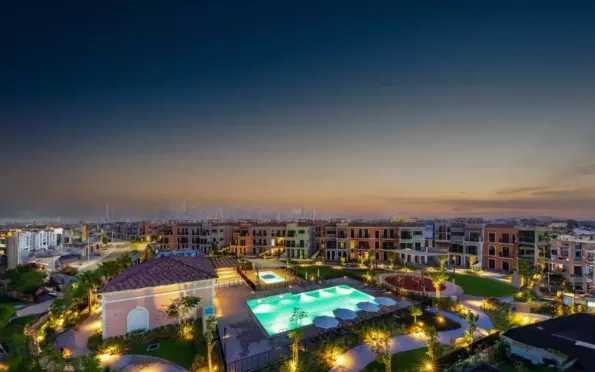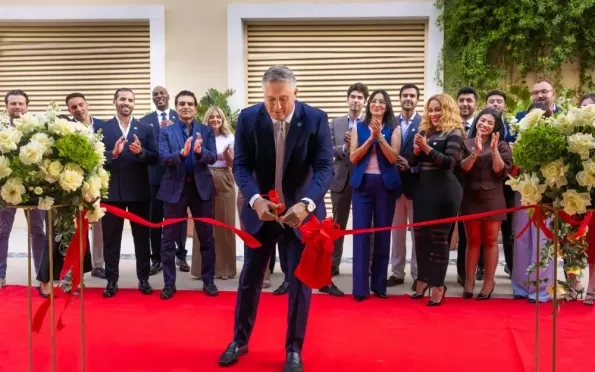What Tenants Should Know While Renting a Property in Dubai
08 November 2021

Moving to a new apartment can be both exciting and stressful, especially if you are new to Dubai. To avoid any misunderstandings or additional costs, it is good to know your rights. Here is the list of the things you should know while renting a property in Dubai.
Rent increase
The landlord can increase your rent if he informs you 90 days before the end of your tenancy contract. However, rent increases should be in line with Dubai Land Department guidelines. In other words, there is a limit to how much rental value can increase on a yearly basis.
At renewal,
- the rent cannot be increased if it is less than 10% of the current market price;
- if your rent is 11 to 20% lower than the market price, the landlord can increase it up to 5%;
- 10% increase is allowed for properties rented for 21 to30% lower than the market price;
- properties whose value is estimated 31% to 40% under the market value, can be increased up to 15%;
- the maximum rent increase applicable is 20%, and only for properties whose rental estimate is more than 40% below the market value.
In case you think that the rent increase is unfair, you can file a complaint with the Rental Dispute Committee, who will then decide on the fair rental amount.
Termination of the tenancy contract
The landlord cannot evict you from the property before the end of the tenancy period, provided you are not in breach of contract, or he needs to make major renovation works. Alternatively, the landlord needs to inform the tenant of the reasons for the eviction 12 months in advance. In case the landlord tries to evict you illegally, you are advised to report it to the police and file a case to the Rental Dispute Committee.
Legal eviction
The landlord can start eviction proceedings in these cases:
- If the tenant does not pay the rent within 30 days from the written notice provided by the landlord;
- If the tenant uses the property for illegal or immoral practices or sublease
- If the tenant makes unauthorised or potentially harmful, or illegal changes to the property
- If the tenant does not comply with the terms of the contract or the law.
Who pays for the repairs?
According to the law, the landlord is responsible for the property’s maintenance, including all major works and repairs. However, the tenant is responsible for minor repairs during the period he is renting that property. The terms are defined by the contract, but the standard amount in the UAE is AED 500.
Security deposit
While renting a property in Dubai, the tenants are asked to pay a security deposit. In most cases, if not agreed differently, the security deposit is 5% of the yearly rental price for unfurnished and 10% for a furnished apartment. Upon the expiry of the tenancy contract, the landlord should refund the deposit, provided the property was given back in the same condition as it was handed over.
To make sure you will get back the security deposit, make sure to do the following. Once moving in, inspect the property and document all the damages found (cracks, stains, malfunctions etc.) so you can compare later. Normal wear and tear are taken into consideration. Ask the landlord to provide a photo inventory that you can both sign. If the landlord refuses to return the security deposit, you can make a complaint to the Rera Rental Dispute Committee.
Make sure to have records of all the payments in writing.
If you plan on renting a property in Dubai, feel free to get in touch with us.






